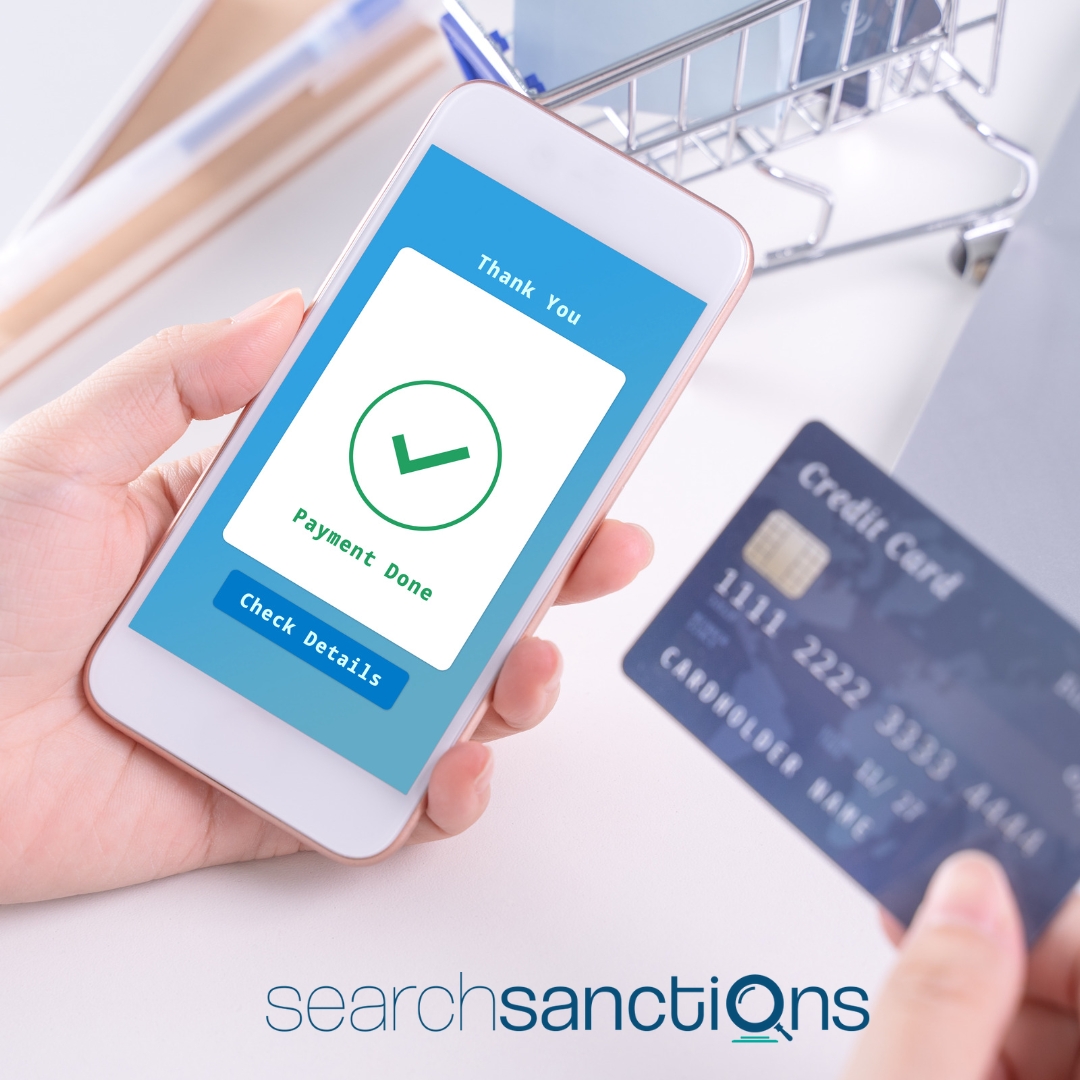AML and E-Payment Systems: Digital Wallets and Mobile Payment

The Rise of E-Payment Systems
With the rapid advancement of technology, traditional payment methods have been replaced by digital payment systems. E-payment systems facilitate payments made online or on mobile platforms through card details or bank accounts. These include digital wallets, mobile phone payments, QR code payments and other mobile payment applications.
Popularity of Digital Wallets
Digital wallets represent a virtual form of payment cards and offer users an easy and secure payment experience. By adding credit or debit card details to their digital wallet, users can pay for online purchases or in stores. This method allows users to make quick and easy payments without having to enter their card details every time.
Increase in Mobile Payment Fraud
With the proliferation of mobile payment systems, mobile payment fraud has become a significant problem. Fraudsters target mobile payment applications and attempt to compromise users' account information or credentials. It is important for users and service providers to consider the consequences of this against mobile payment fraud.
Types of Mobile Payment Fraud
Mobile payment fraud can be perpetrated in a variety of ways. Some common types of fraud include the following:
Fake App:
Fraudsters can create fake mobile payment apps to trick users. By masquerading as a real app, these apps can capture users' account information or card details used to make payments.
Phishing:
Fraudsters may ask users to disclose personal or financial information through fake messages or emails. Once they have this information, fraudsters can steal the user's identity and misuse their accounts or cards.
Phishing:
Fraudsters may trick users through fake websites or links, tricking them into entering personal information. Once they obtain this information, fraudsters can hijack the user's accounts and process mobile payments in an unauthorized manner.
AML Measures Against Mobile Payment Fraud
AML (Anti Money Laundering) measures are essential to prevent mobile payment fraud. Here are some measures that can be taken against this type of fraud:
Authentication:
Strong authentication methods should be used to verify the identity of users. The use of biometric data, technologies such as fingerprinting or facial recognition can be an effective way to verify that users are the right person.
Fraud Detection:
Data analytics and artificial intelligence technologies can detect suspicious activity by monitoring user behavior. Abnormal payment patterns or shopping habits can be used to identify fraud attempts.
Education and Awareness:
It is important to make users aware of mobile payment fraud. Users should be educated to download secure payment apps, watch out for suspicious messages and emails, and not share account information. Users should be provided with informative materials, user guides and safety tips on mobile payment fraud.
Security Software and Updates:
Users of mobile payment apps should regularly check for security software and app updates. This ensures that users close security gaps and take the latest security measures.
Fast Reporting System:
Mobile payment service providers should offer a reporting system where users can quickly report suspicious activity. An effective communication channel should be provided so that users can respond quickly in case of fraud.
Monitoring and Data Analysis:
Data monitoring and analysis methods should be used in AML processes. Monitoring data such as users' payment habits, geolocation information, transaction history can help detect suspicious activities.
Cooperation and Shared Information:
Mobile payment service providers should cooperate to strengthen AML measures. Information sharing and cooperation between financial institutions, payment companies, regulators and legal authorities can be effective in combating fraud.
AML measures are critical to ensure the security of digital wallets and mobile payment systems and prevent mobile payment fraud. AML measures need to be effectively implemented and continuously updated to ensure a secure payment experience for users. Mobile payment service providers need to take measures such as informing users, providing security software, using data analytics for fraud detection, and collaborating. However, it is also important that users are security conscious and take the necessary steps to protect themselves. Continued investment in AML measures for the security of mobile payment systems will serve the interests of both users and service providers.
Mobile payment fraud has become a new threat with the advancement of technology. Fraudsters target users with fake apps, phishing and phishing, and users should be aware of the importance of security and take precautions against such scams.
AML measures play a major role in preventing mobile payment fraud. Measures such as identity verification, fraud detection, education and awareness, security software and updates, rapid notification system, transaction monitoring and data analysis can be used to ensure the security of mobile payment systems.
AML measures are essential to prevent mobile payment fraud. Both users and service providers need to act in accordance with these measures and be security conscious. In this way, e-payment systems can provide a secure experience and combat mobile payment fraud.
Request Demo
You can contact us as to our services, integration processes, request demo or customized solutions.

